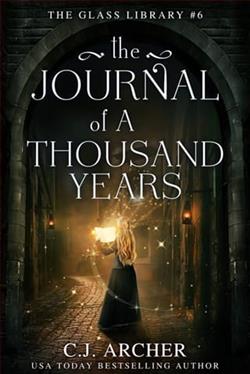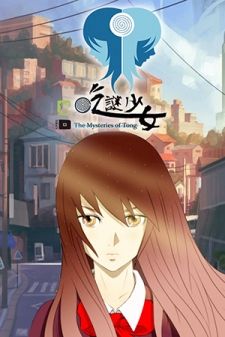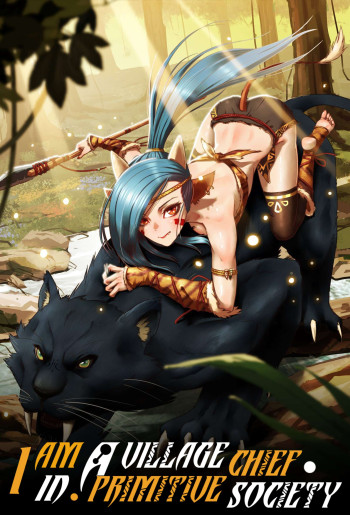Martial Peak Reviews
C.J. Archer's The Journal of a Thousand Years is a captivating blend of fantasy, romance, and suspense, offering readers an enthralling conclusion to a series that has kept them on the edge of their seats. This novel weaves together the threads of ancient prophecies, family secrets, and the complexities of love, all while maintaining a gripping narrative pace that keeps readers engaged from start to finish.
At the heart of the story is Sylvia, a character whose journey has been as much about self-discovery as it is about the external challenges she faces. Archer skillfully develops Sylvia's character, allowing her to evolve from a woman burdened by unanswered questions about her past to someone who takes charge of her destiny. The introduction of her long-lost father adds a new layer to her character, providing both clarity and conflict. His presence is a double-edged sword, offering answers but also bringing danger into Sylvia's life. This dynamic adds depth to Sylvia's character, making her more relatable and compelling.
The relationship between Sylvia and Gabe is central to the narrative, and Archer handles it with a deft touch. Their bond is tested by external threats and internal doubts, yet it remains a source of strength for both characters. The chemistry between them is palpable, and their interactions are filled with genuine emotion. Archer does not shy away from exploring the complexities of their relationship, including the fears and insecurities that come with it. This realistic portrayal of love adds authenticity to the story, making it resonate with readers on a deeper level.
One of the standout elements of The Journal of a Thousand Years is the ancient family diary that Sylvia receives from her father. This journal serves as a bridge between the past and the present, connecting Sylvia to her ancestors and their mystical world. The spells and stories contained within its pages are not just plot devices; they enrich the narrative by providing historical context and enhancing the magical realism of the story. The cryptic prophecy, in particular, is a masterstroke by Archer, as it adds an element of mystery and anticipation. Readers are left to ponder its meaning and implications, creating a sense of intrigue that propels the story forward.
The theme of destiny is intricately woven throughout the novel. Sylvia's journey is not just about uncovering her past but also about understanding her role in a larger narrative. The prophecy hints at a destiny intertwined with Gabe's, raising questions about fate and free will. Archer explores these themes with nuance, allowing readers to reflect on the choices the characters make and the paths they choose. This exploration of destiny adds philosophical depth to the story, elevating it beyond a simple fantasy tale.
Archer's writing style is both engaging and evocative. Her descriptions are vivid, bringing the world of the novel to life with rich detail. The pacing is well-balanced, with moments of tension and suspense interspersed with quieter, introspective scenes. This rhythm keeps readers invested in the story, eager to see how the various plot threads will converge in the epic conclusion.
In terms of its overall impact, The Journal of a Thousand Years is a satisfying conclusion to a series that has captivated readers with its blend of magic, mystery, and romance. Archer successfully ties up loose ends while leaving room for readers to imagine the future of her characters. The novel's themes of love, destiny, and self-discovery resonate long after the final page is turned, making it a memorable addition to the fantasy genre.
Comparatively, Archer's work can be likened to that of authors like Deborah Harkness and Sarah J. Maas, who also excel in creating intricate worlds filled with magic and complex characters. Like Harkness's A Discovery of Witches, Archer's novel combines historical elements with fantasy, creating a rich tapestry that appeals to fans of both genres. Similarly, the character-driven narrative and romantic tension in The Journal of a Thousand Years are reminiscent of Maas's A Court of Thorns and Roses series, making it a must-read for fans of character-centric fantasy stories.
In conclusion, C.J. Archer's The Journal of a Thousand Years is a masterful blend of fantasy and romance, offering a compelling narrative that explores themes of love, destiny, and self-discovery. With well-developed characters, a richly imagined world, and a plot that keeps readers guessing, this novel is a fitting conclusion to a beloved series. Whether you're a long-time fan or new to Archer's work, this book is sure to leave a lasting impression.
























Reviews 0
Post a Reviews: